Ban on migrant workers: ‘An outflow of migrants will take Kazan businesses back to the 90s’
Tatarstan wants to introduce a ban on the use of migrant workers
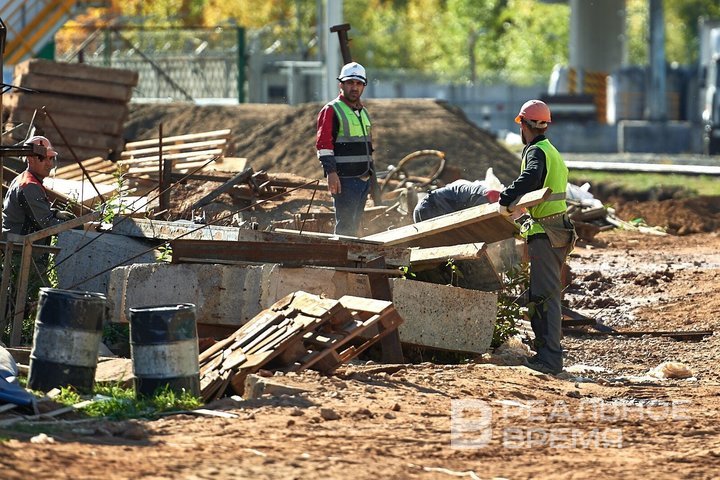
As Realnoe Vremya has found out, Tatarstan parliamentarians are actively considering the issue of introducing legislative restrictions on the attraction of foreign labour at the republican level. Earlier, this April, the State Council of Tatarstan sent a draft law On the Legal Status of Foreign Citizens in the Russian Federation to the Council of Legislators, and now the State Duma is considering the issue of tightening federal regulations governing the attraction of labour from abroad, to simply put, the use of migrant labour. Read about the proposed restrictions, their possible consequences and ways to solve the problem of labour shortages in the region in our report.
Under threat of fines
About a third of Russian regions have introduced restrictions on the attraction of workforce from among migrants. Four more regions are planning to do this in the near future, three have proposed to refuse migrant workers, and are currently considering the idea at the local level.
Tatarstan is also among those regions of the country that will consider the advisability of introducing regional bans. However, the republic has already spoken out in favour of tightening migration legislation at the federal level.
Bans on attracting migrants to certain sectors of the economy were introduced in a number of regions two years ago, the second wave arose after the tragedy at Crocus. In Novosibirsk Region, 35 sectors of economic activity were closed to migrants, including education, food production, fishing and wholesale trade. In Amur Region, a ban was introduced on migrants working with patents in 27 sectors of activity, including trade, taxi, production of baby food, beverages and tobacco, plant production and livestock farming. In Voronezh, the ban is applied to the use of migrant workers in public transport and taxis, in Tula — in taxis and public catering.
A number of Russian regions have already introduced fines for attracting migrants to prohibited professions. Thus, legal entities risk paying up to a million rubles for this, officials up to 50,000, individuals — from 2,000 to 4,000 rubles.
“The problem of labour shortage is far-fetched”
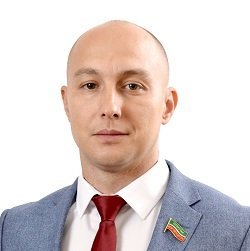
Sharafiyev acknowledges the existence of a serious personnel shortage in many areas but believes that the imbalance in this area is growing due to the fact that jobs are given to migrants. In his opinion, the resulting dumping of wages and working conditions migrant workers are unpretentious about contribute to squeezing out local specialists from their jobs:
“They have to retrain, look for other sources of income, and then lose their qualifications and can no longer return to the profession. But we have our own engineers, builders, for example. It will not be possible to fix this situation at once. But we need to start working, otherwise it will worsen and lead to the dependence of even more sectors of the economy on migrant workers. This, in turn, can lead to an increase in social tension in society.”
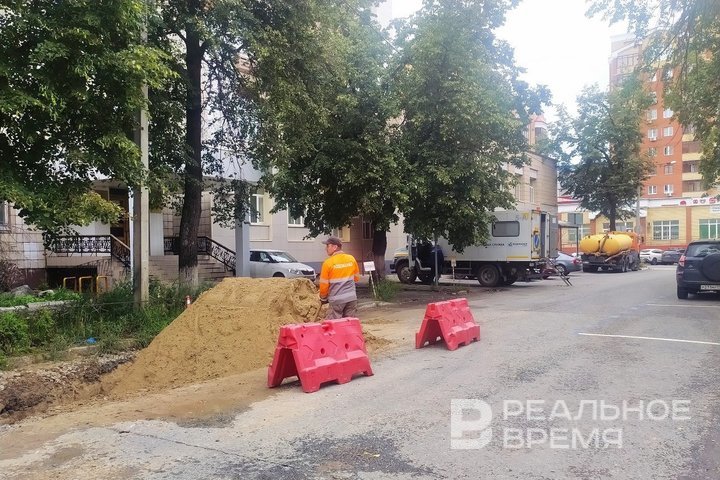
The deputy also noted that the use of migrant labour is beneficial to employers and the foreign workers themselves, but ultimately not beneficial to the state and the budget. In the sense that such employment causes a multiplier economic effect — migrants earn here, and spend their income in their homeland, so these funds fall out of the Russian economy. At the same time, Sharafiyev notes, migrants “often, like their employers, use illegal payment schemes,” and the state’s tax revenues are reduced compared to the level that would be provided by the official employment of Russian citizens in their place.
The parliamentarian admits that it is possible not to impose an absolute ban on the use of foreign workforce but to allow its use in a strictly limited manner, in certain sectors of the economy and only on the condition that there are no specialists from among Russian citizens for these jobs. In this case, they will have to work on a rotational basis, provided that the employer provides them with compact accommodation and mandatory departure home upon completion of work, and not “transition to work as marketplace and food delivery couriers.”
Sharafiyev also says that in many cases the problem of labour shortage is far-fetched:
“For example, a shortage of workers in road construction. But the roads pass by populated areas — villages, towns, where there is workforce. Why not use it, at least situationally? Just because it is easier and cheaper for the employer?
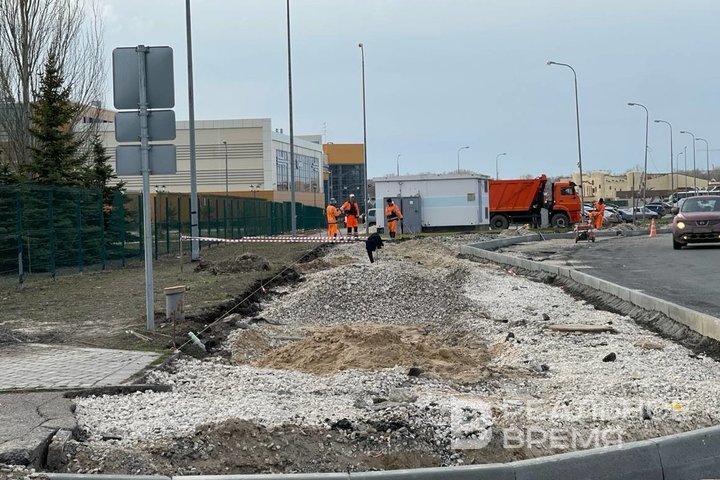
Discussing the illegal schemes that allow employers to reduce the cost of construction, the deputy recalled that in most cases contracts are received by large construction organisations, many of which immediately hire subcontractors, and they conclude subcontracting agreements with even smaller firms, so that as a result, illegal immigrants from neighbouring countries often work for pennies at the bottom of the pyramid. In his opinion, the state should restore order in this area and stop the construction of such pyramids, at least in state procurement:
“Now a contractor who works honestly, legally and transparently cannot withstand competition from companies that attract cheap workforce, save on the quality of work and use various tax evasion schemes.”
By replacing the missing workers with labour migrants today, according to Sharafiyev, we are creating large problems for the future: low-paid labour of immigrants does not contribute to the growth of the prestige of blue-collar jobs, and our youth finally abandons the idea of getting it. He made it clear that in connection with all of the above, the State Council is seriously considering the possibility of introducing restrictions on the use of migrant workers in the economy of Tatarstan.
“We will roll back»

According to her, now in almost every catering enterprise up to 30% of vacancies are open, and the existing workers are often forced to work without days off. An outflow of migrants will lead to the number of vacancies increasing to 50%, and local job seekers will start asking for salaries that will require employers to go beyond the breakeven point.
“In the last year alone, we have raised salaries by almost 50% — to the detriment of entrepreneurial activity; further increases will lead to small businesses closing down,” she emphasised. “And if we are talking about Kazan as a tourist capital, then I am afraid that in terms of service, in terms of providing our guests with food, we will roll back to the 90s.”
According to the interviewee, democratic in terms of prices oriental cuisine establishments that are opened and where foreign citizens work will also be a heavy blow. As a result of the ban on the use of migrant labour, these enterprises will simply close. There is practically no chance that this niche can be filled with other types of catering.
“The food delivery industry, which mainly employs migrants, will also suffer,” she believes. “And it is unfair to deprive our citizens of quality food delivered to their homes. People are used to it, it is comfortable for them, it saves time, and sending our women back to the kitchen, in my opinion, is inappropriate.”
Galina Sharafutdinova sees the solution in not introducing strict bans but in better controlling the entry of migrant workers the economy of Tatarstan cannot do without. She emphasised that students who do not cause much trouble for the authorities and law enforcement agencies mainly work in the Kazan catering industry — “people who come to us to gain knowledge and help meet our needs.”
Back to the future?
A “ban on a profession,” similar to the bans introduced in a number of regions of the Russian Federation, could also result in their paralysis in some other sectors of the Tatarstan economy. For example, in public transport in Kazan, because more than half of the metro employees are foreigners. And you can more often see a person behind the wheel of a city bus from Central Asia than a local driver. But there are employers who are convinced that solving the problem of personnel shortage by hiring foreigners is a dead end.
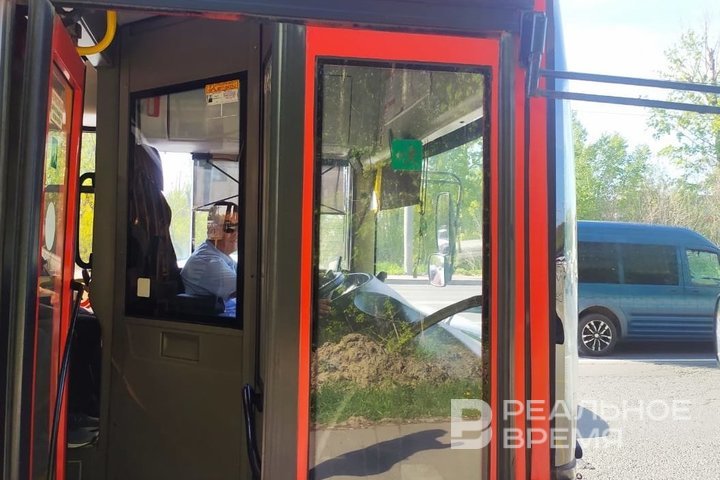
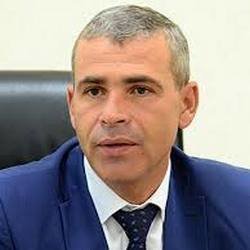
Today, according to him, migrants are needed because Russian citizens do not want to work “for a ruble, or two, or ten rubles — it is not enough for them.” At the same time, there is currently a sharp discrepancy in construction between the estimated prices and the real cost of performing work. According to the rates for a cubic metre of masonry, a bricklayer receives a little more than 900 rubles — in reality, no one will work for this price. Real prices are from 3,000 to 5,000 rubles per cubic metre. And local bricklayers, says Belyakov, run from place to place in search of benefits but do not want to work.
He sees a way out in establishing uniform rates for work at all construction sites and obliging builders to comply with the cost of services, so that workers are not tempted, as today, to change employers in search of higher pay for the same work:
“It is necessary to introduce uniform prices at construction companies and rates for work.”
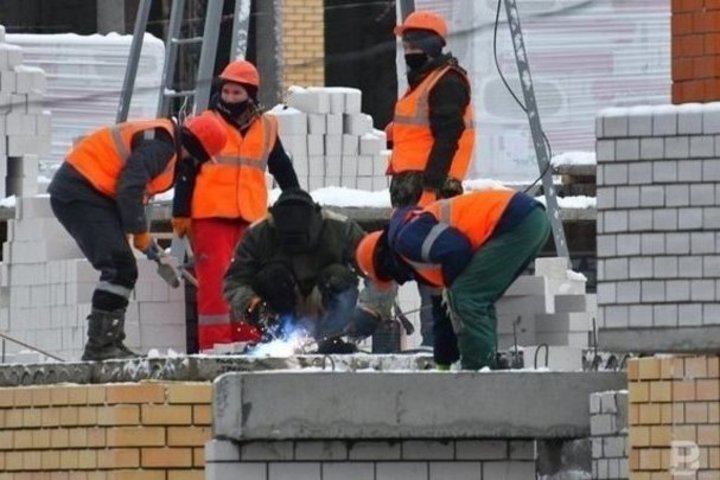
But with the introduction of such rates, according to Andrey Belyakov, the prices per square metre will skyrocket. However, he believes that the restriction of the import of foreign labour will lead to the same effect. The developer sees a way out in returning to the past:
“We need to completely return to the Soviet system of vocational education when a person was obliged to work in his specialty for at least two years after studying at the state’s expense. And return to the system of assigning graduates to enterprises. The state must take responsibility for this, and then the issue of personnel shortage will begin to be resolved,” the speaker concluded.